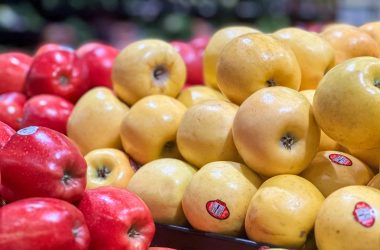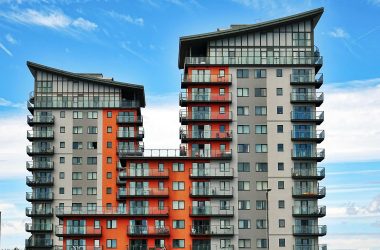
- January 13th, 2025
5 Key Predictions for the Australian Property Market in 2025
The year ahead promises exciting opportunities for property investors—if you know where to look. Here’s what to expect and how to make the most of it.
read more
The year ahead promises exciting opportunities for property investors—if you know where to look. Here’s what to expect and how to make the most of it.
read more
Understanding the latest inflation figures and how they shape interest rate decisions—and property market opportunities.
read more
For the next 12 months, buyers in Victoria can save tens of thousands on stamp duty with a new government concession. Here’s how to take advantage of this incredible opportunity before it’s gone.
read more